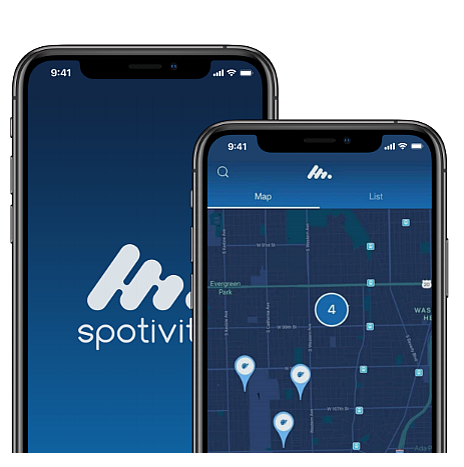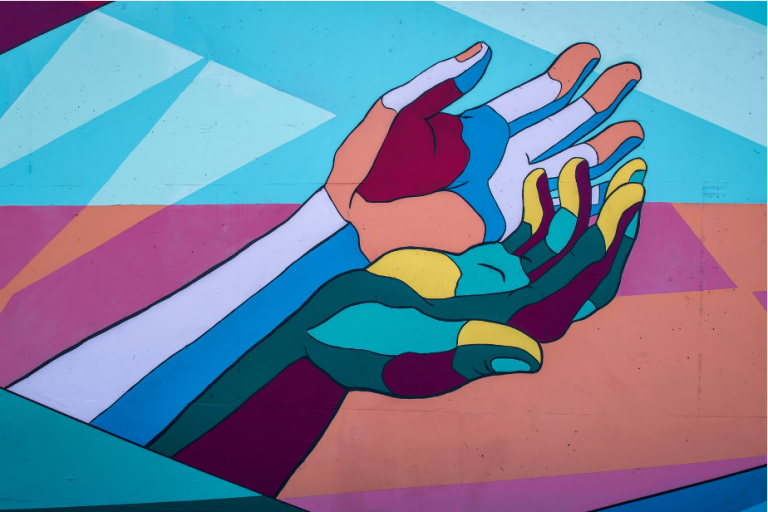By: Ved Kamishetti and Urvi Paranjape
Since childhood, both of us have never been fast runners. We would always lose in races against our friends and would finish last when running the mile. We did, however, have great endurance. So we both decided to try out for long-distance running in track and field, and we made the team. We still weren’t fast but we made up for it with our stamina. We started running in track meets, and managed to consistently finish in the middle of the group. That may not seem like much but it’s better than where we used to be. However, this never would’ve happened if we hadn’t played to both our strengths and weaknesses.
We have a friend who is smart and like us is very keen on becoming successful. Despite his smarts, he is a very introverted person and doesn’t hang out or communicate very often. This is because of his anxiety and his struggles with talking to people. He decided to help us with a bakery that we run. Since he studied statistics, he was in charge of sales and accounts, and basically took care of our money and finances, while we worked on the baking and staff management. Our friend knew he wasn’t the best with people and was able to use his smarts to make up for it. This way, he was able to help our bakery progress much further while staying in his comfort zone. If it weren’t for him, our bakery wouldn’t have been able to take off.
When tackling weaknesses, the drive to improve kicks in and helps to learn. Weaknesses are goals and help to build a proper mindset. Overcoming these weaknesses creates a killer mentality that has helped people excel and jumpstart their careers. This includes people such as Chauncy Billups, Bill Gates and Trischa Horn. This mentality can lead to new opportunities that may not be expected. It’s what helps and inspires many people to become better and more known. Strengths are what makes someone different, while weaknesses define what someone is and also what someone can be. Instead of hiding your weaknesses, embrace them. Use your weaknesses to highlight you and help you to learn something.
Another pro of addressing your weaknesses is that it can lead to a better mindset. By addressing your weaknesses, you’re acknowledging a need for improvement. This opens up more opportunities to grow and gain a better understanding of yourself. You might learn that you’re now great at what you used to fail at. Or you might learn that your weakness is the one thing you’re not capable of doing. Either way, you tried to learn from your weakness and that’s all that matters in the long run. It is something you can be proud of as you have given yourself confidence and proven you’re not afraid. This may also inspire others to do the same.

There are a lot of pros when it comes to playing to your strengths while simultaneously addressing your weaknesses. However, a few cons might come up as well. Exploring your weaknesses can sometimes lead to failure. People can get easily discouraged if they don’t think they’re doing well at something. But failure can give you the courage to try again in the future. Failing once can take away the embarrassment and shame of failing again. People also might feel like their weaknesses are slowing them down. They might think that by spending too much time on one thing, they’re wasting time that could be used for other things. But isn’t it better to take the time to improve the skills you’re bad at, instead of only doing the things you’re good at?
When considering weaknesses, a person will tend to worry about other people’s reactions to these weaknesses. This will lead to them having a negative mindset and they won’t try at all to overcome their weaknesses. This prevents progress and flexibility across their capabilities. It’s this fear of embarrassment that pushes people away from the path to improvement, and spreads to others around them, creating a bad influence. That influence can make other people also worry about how they’re perceived, when in reality, most people won’t judge others for trying. Addressing your weaknesses doesn’t always mean that you have to act on them. If you explore your weaknesses and learn that no matter how hard you try, you still can’t improve, you can choose to stay in your comfort zone. But you can only learn if you’re truly good or bad at something by actually taking the time to explore it.
When playing with your weaknesses, the fear of doubt goes away and you tend to be more confident and encouraged. This ties into what some apps, such as Spotivity, are all about. Spotivity helps you face new opportunities and helps take away the fear of tackling new things. This app also helps build-up activities to give you a full profile, kind of like a resume, as it demonstrates what you’re currently capable of. It is also a great tool to use to help with self-improvement and an opportunity to build on it by adding more stuff. Whether it is taking a new course or creating a new club, Spotivity helps to take away the fear of trying it out. After all, that’s what we should do to find out who we are. Otherwise, we won’t reach our full potential and be able to excel the best we can.
About Spotivity
Be #neverbored again by using the spotivity app and find activities that fit your needs. We help you find programing that can lead to your passion. Whether that is an art program to practice graffiti, a sports program to engage in competition, an education support class to improve your grades, or just finding someone to talk to – spotivity has your back. Backed by research and continually informed by users, spotivity is the tool to help you unlock your world and expand the list of options you can take advantage of.







